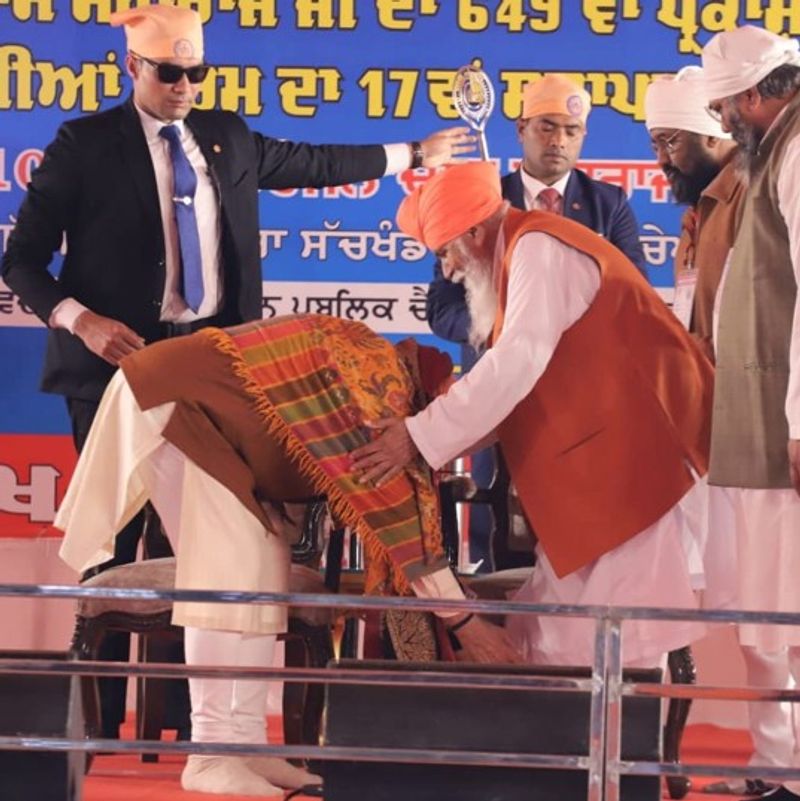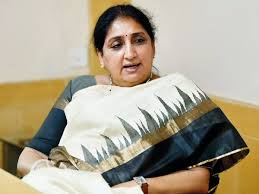Listen To This Post
In a significant step toward workers’ health and well-being, the four labour codes mandate annual health check-ups for workers aged 40 or older.
New Delhi: India on Friday entered a new phase of labour reform as the Central government officially enforced the four labour codes, replacing a fragmented framework of 29 existing labour laws with a streamlined, modernised system designed to create a future-ready workforce. The new codes—already rolled out by around 20 states, with labour being a concurrent subject—mark one of the most significant structural reforms in India’s labour governance since Independence.
Under the new regime, appointment letters have been made mandatory for all workers across the organised and unorganised sectors. The codes guarantee a uniform minimum wage, expand social security benefits to all categories of workers—including gig and platform workers—and ensure compulsory payment of salary. They also permit women to work night shifts across all sectors, provided adequate safety measures are in place.
In a significant step toward workers’ health and well-being, the codes mandate annual health check-ups for workers aged 40 or older.
Social Security Expansion and ESIC Coverage
A significant highlight of the reform is the expansion of ESIC (Employees’ State Insurance Corporation) coverage across India. Officials said that the ESIC scheme, previously limited to notified areas and specific industries, will now be available Pan-India. For establishments with fewer than 10 employees, opting into ESIC will be voluntary. At the same time, it will be mandatory for any establishment—regardless of size—that engages even a single worker in hazardous processes.
“Social protection coverage will be expanded to all workers,” officials said, emphasising that India’s earlier labour framework excluded most small units and lacked uniformity in mandatory ESIC coverage for hazardous workplaces.
PM Modi, Labour Minister Hail Reform as Historic
Prime Minister Narendra Modi hailed the decision, calling it a landmark moment.
“Shramev Jayate! Today, our Government has given effect to the Four Labour Codes. It is one of the most comprehensive and progressive labour-oriented reforms since Independence. It greatly empowers our workers. It also significantly simplifies compliance and promotes ‘Ease of Doing Business,” he said.
Union Labour Minister Mansukh Mandaviya said the codes would guarantee dignity and fairness for every worker.
“From today, the new labour codes have been made effective in the country. They will ensure timely minimum wages for all workers, job letters for youth, equal pay and respect for women, social security for 40 crore workers, gratuity for fixed-term employees after one year, free annual health check-ups for workers above 40 years, double wages for overtime, 100 per cent health security for hazardous-sector workers, and social justice aligned with international standards,” he said.
The Four Codes Become Law
Effective from November 21, the following codes formally replace the earlier patchwork of 29 laws:
-
Code on Wages, 2019
-
Industrial Relations Code, 2020
-
Code on Social Security, 2020
-
Occupational Safety, Health and Working Conditions Code, 2020
Together, they promise a modern, simplified, and worker-centric labour ecosystem that aims to benefit more than 40 crore workers while enhancing compliance ease for employers.















